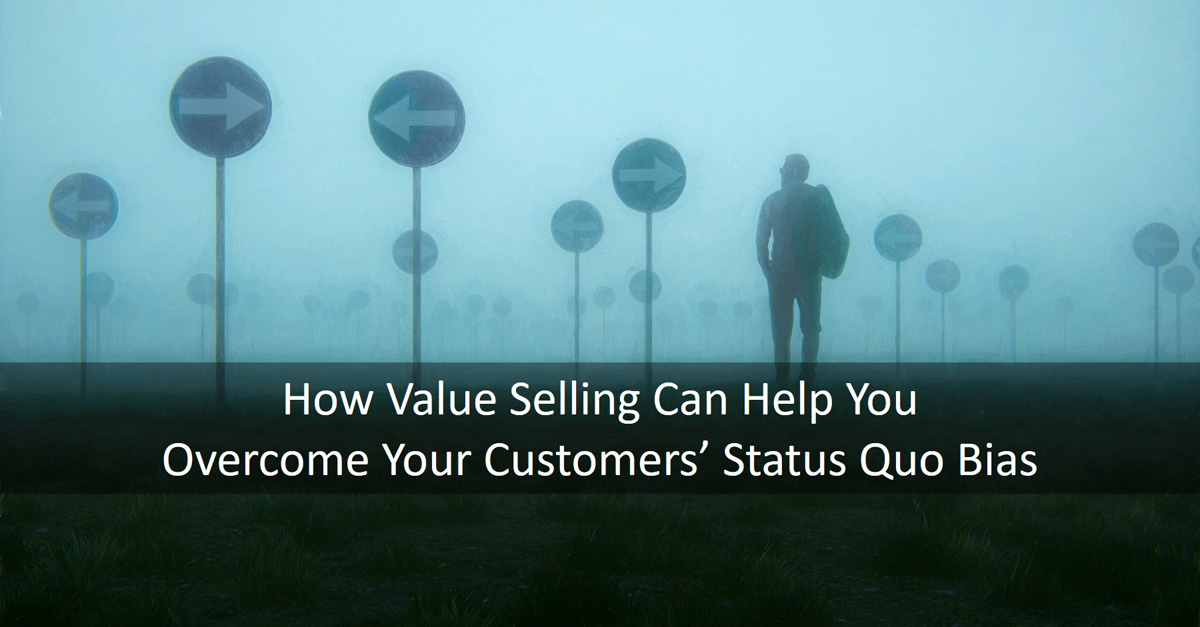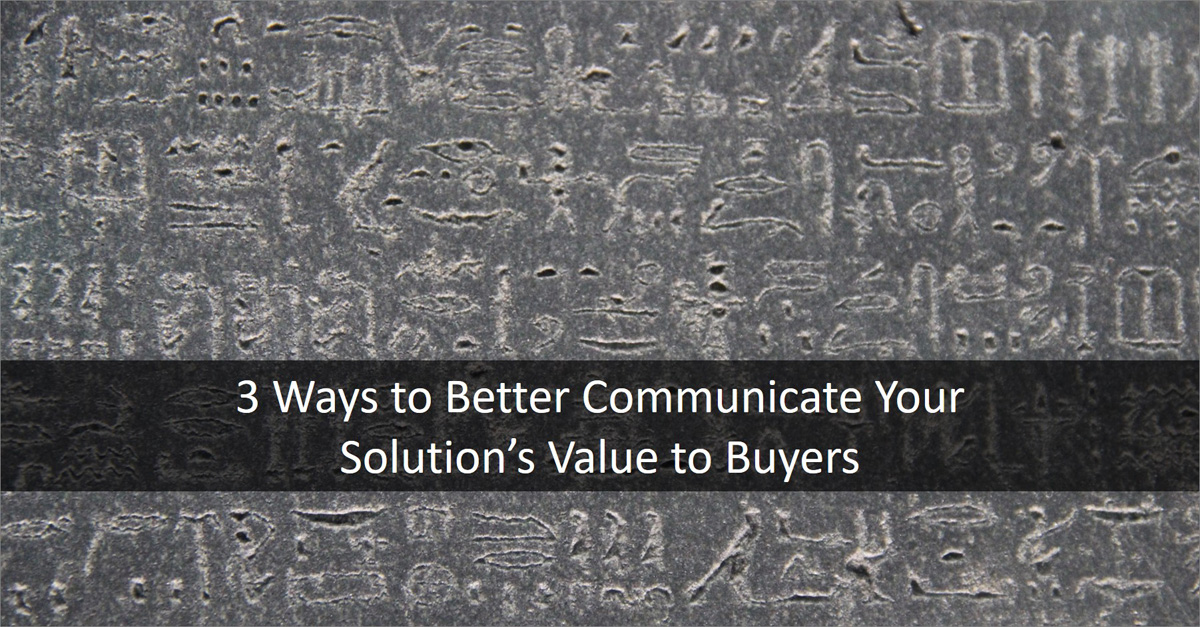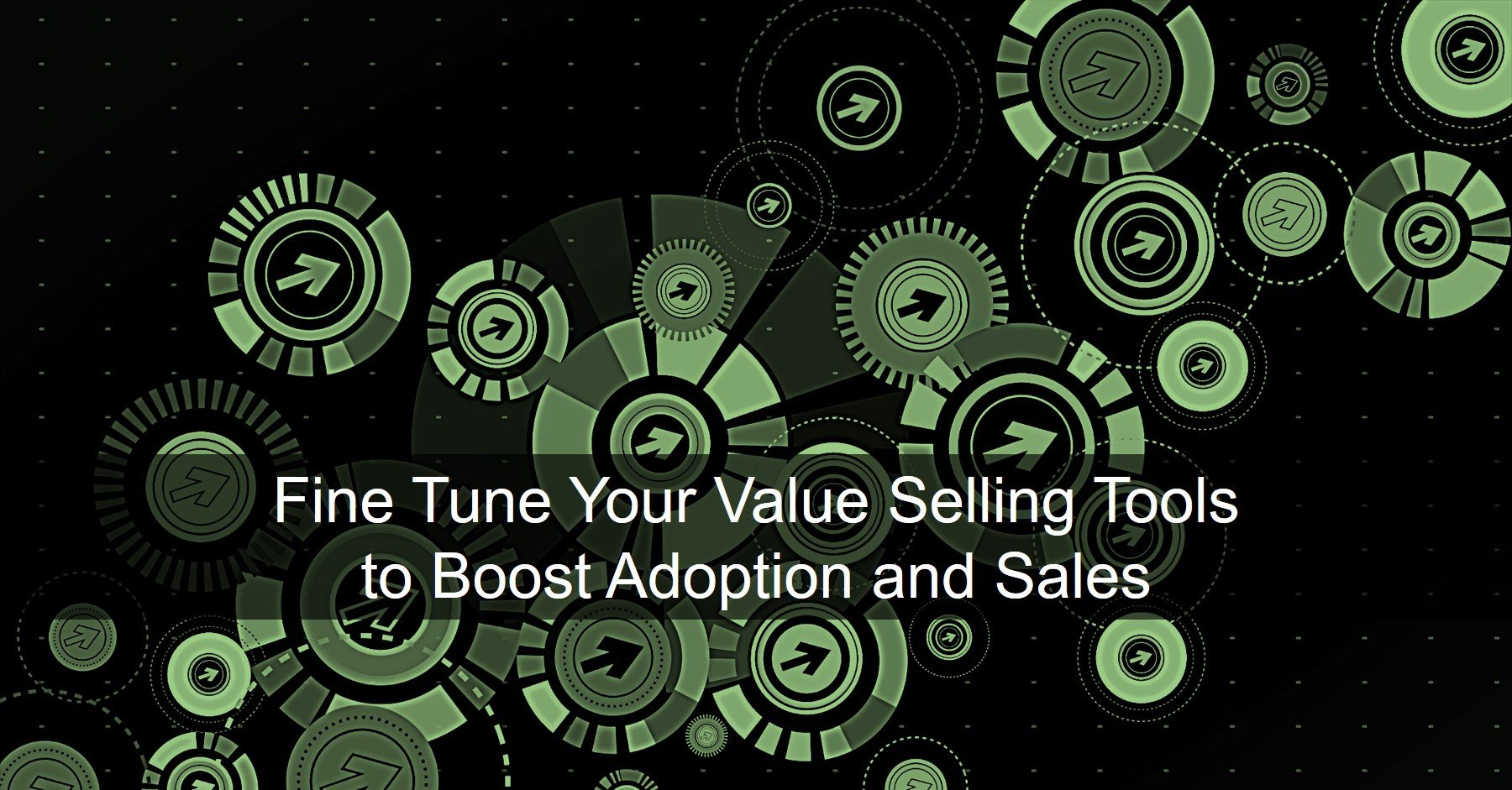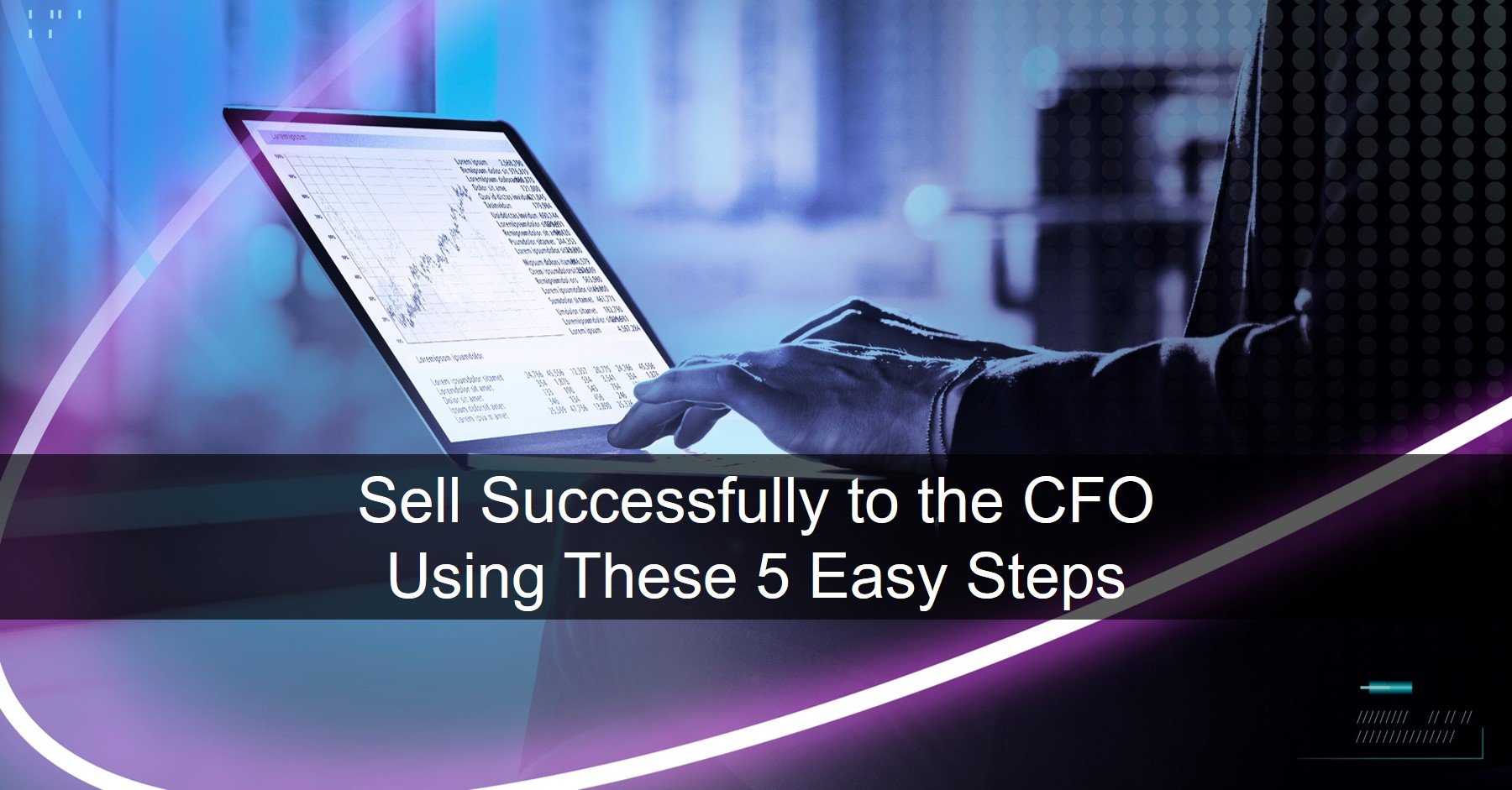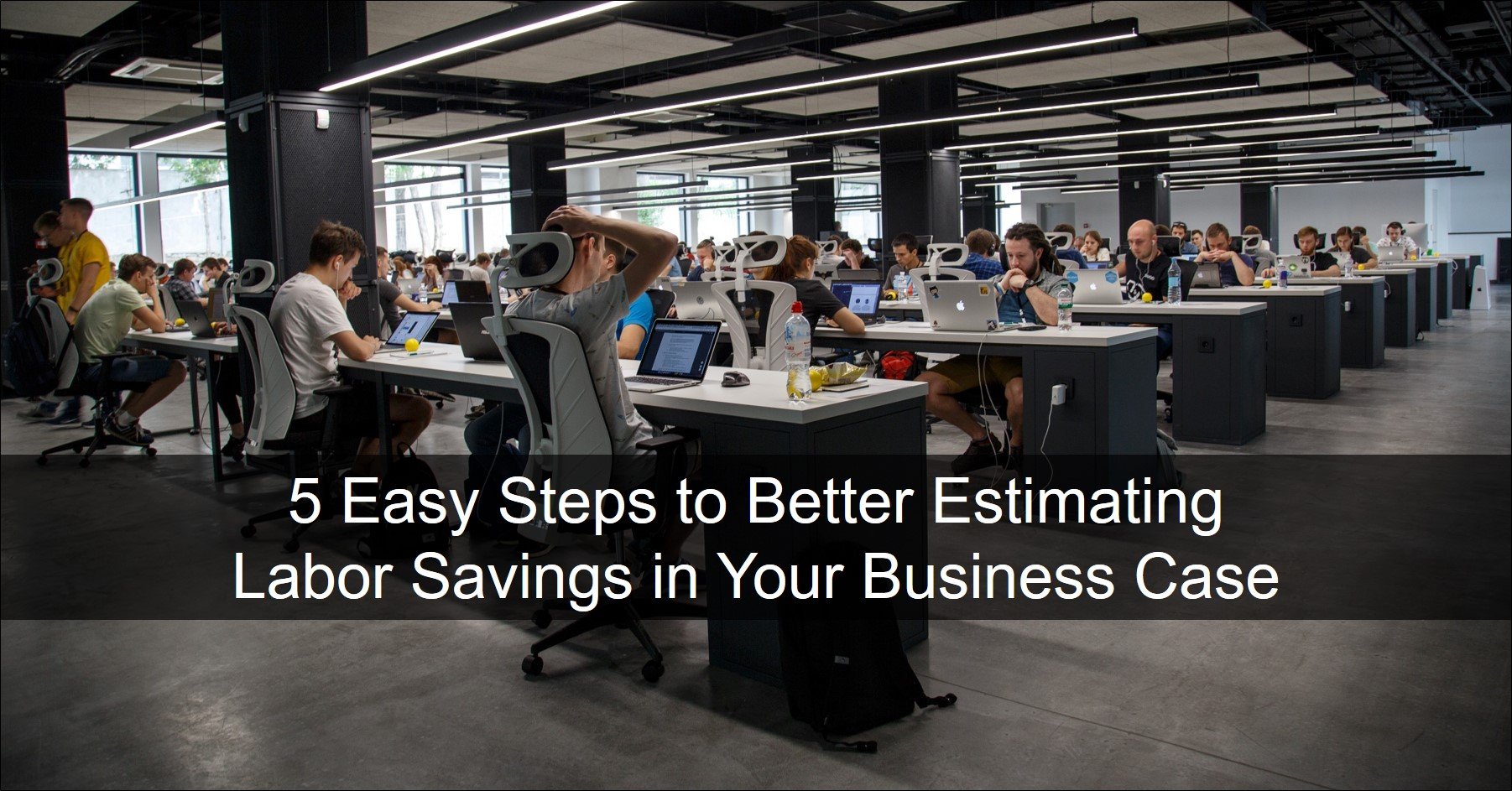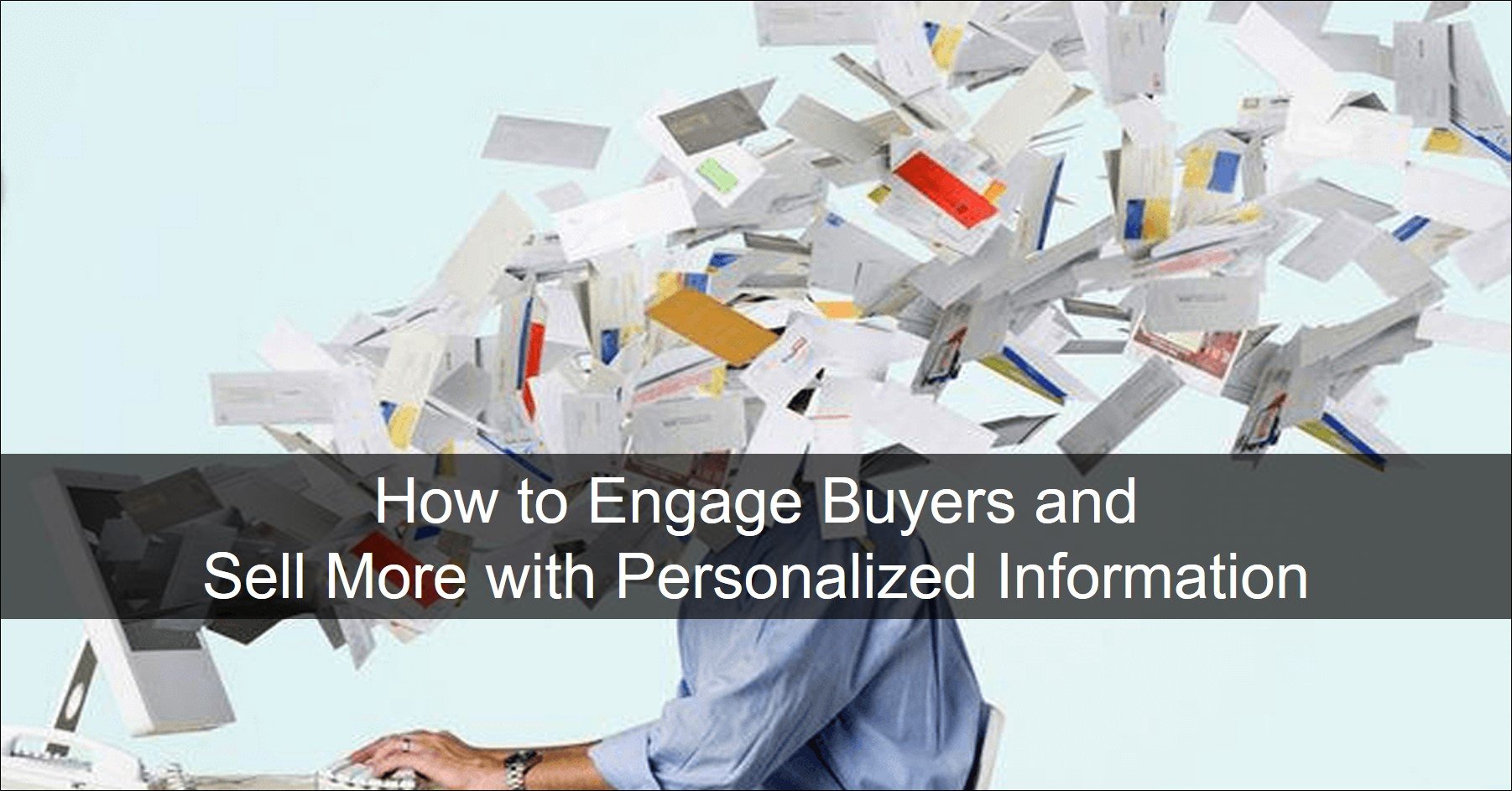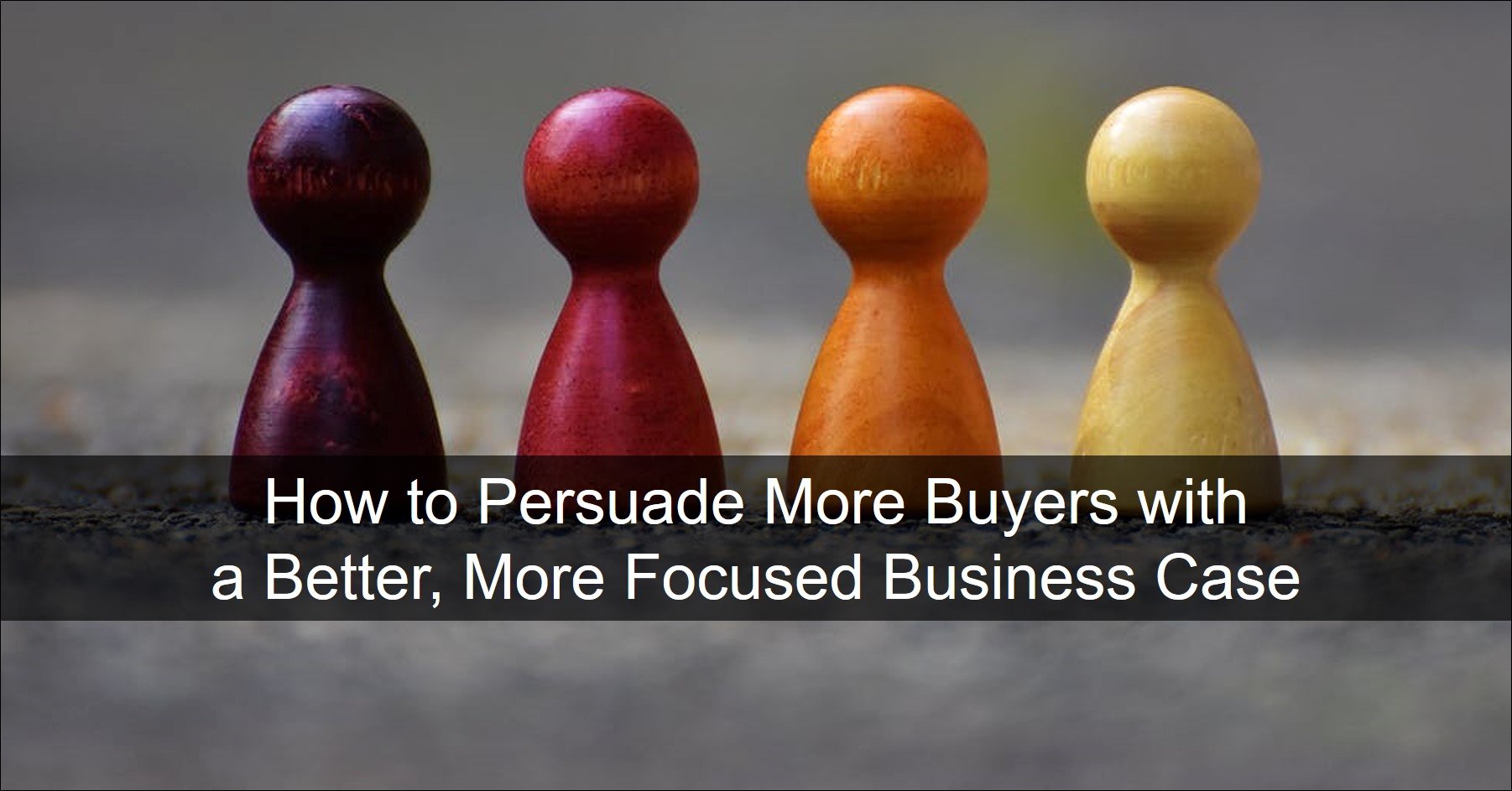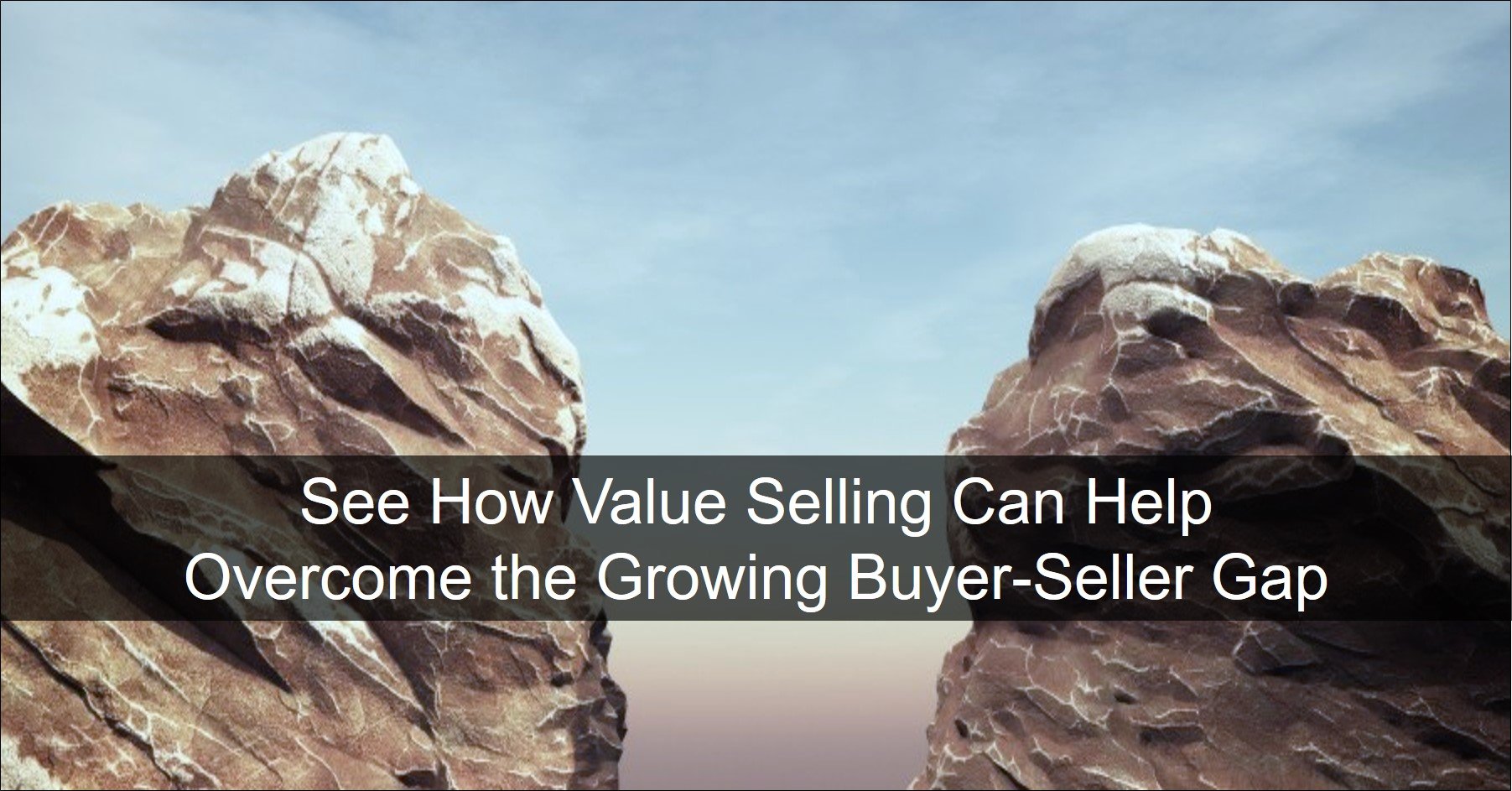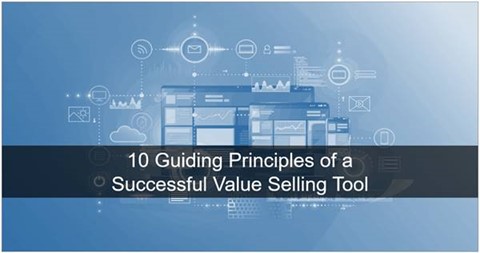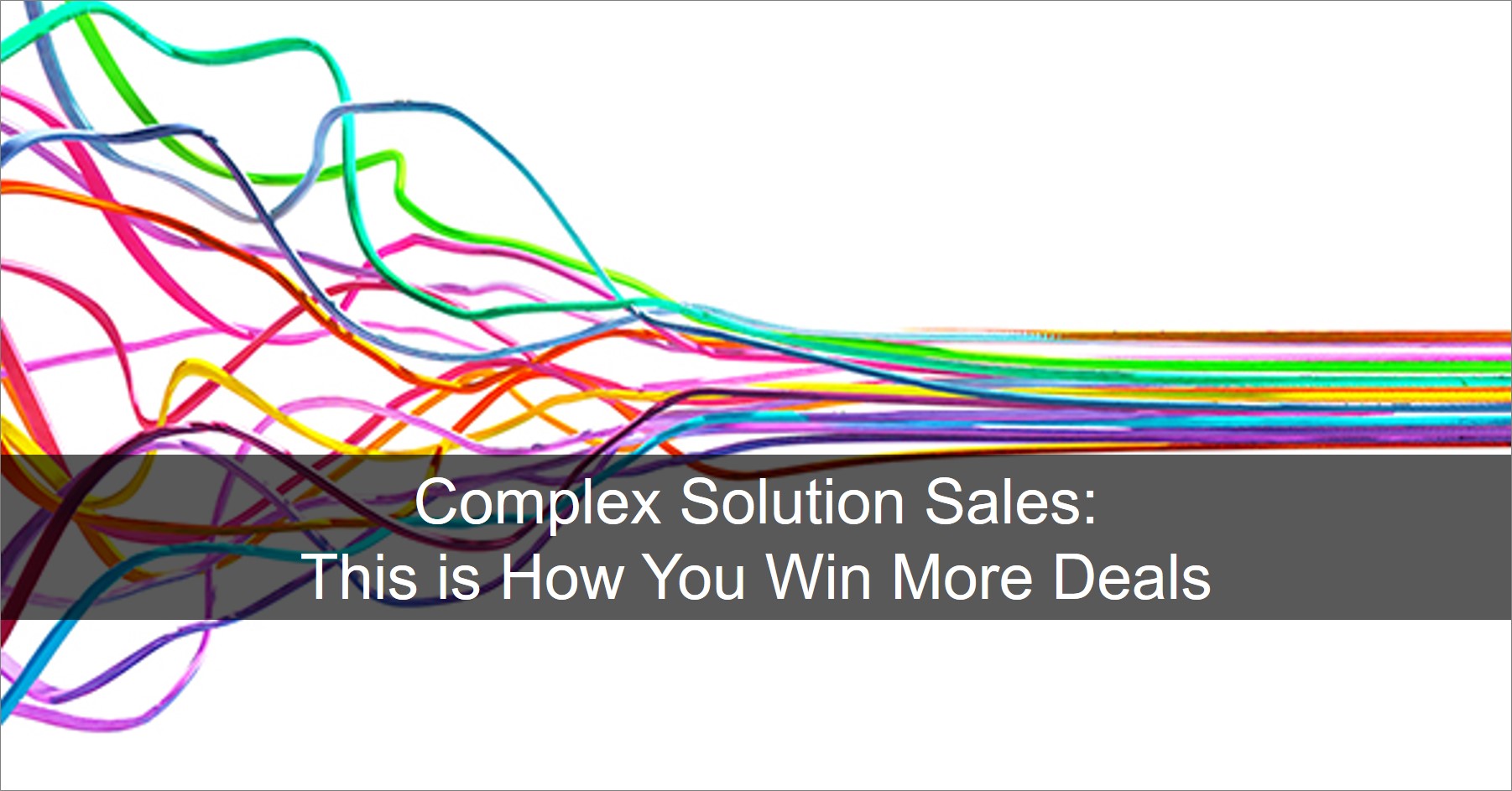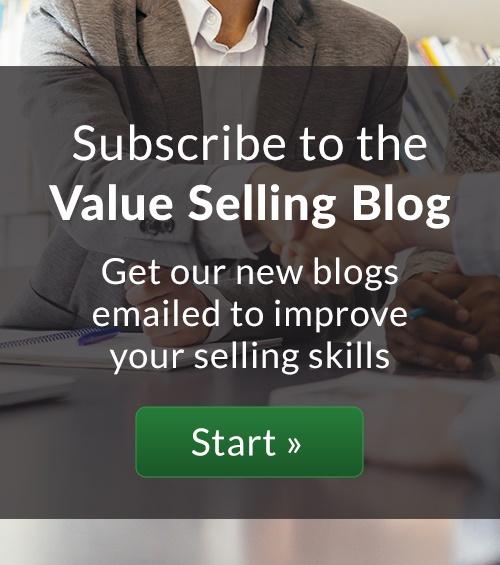Encouraging prospects to change their behavior is one of the greatest challenges facing marketers and sellers. Behavioral economists call this phenomenon “status quo bias.” How can sellers overcome this inherent yet irrational desire to keep something the same, even if it’s less than optimal?
David Svigel

Recent Posts
The biggest gap between sellers and buyers is a shared understanding of a solution’s value. This gap leads to long sales cycles or worse, deals that just fade away. Overcoming this chasm can be accomplished using value selling tools, which function as a Rosetta Stone to unlock insights for both sides.
Wonder why your buyers and sales teams aren’t using your value selling tools? Chances are they’re built around a product-centric value proposition and creating unwanted complexity, despite your best intentions. Here are two strategies for fine tuning your value selling tools and increasing adoption.
Societal upheaval over the past year has profoundly changed the buyer’s journey. Beyond mandates and restrictions, buyer behavior has been influenced by declining levels of trust in government, institutions, and other people. The result is that buyers have become less trusting and more firmly rooted in their beliefs.

